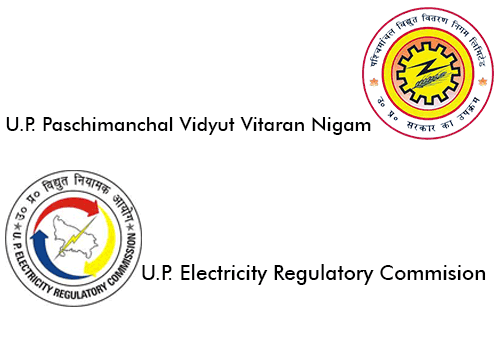Are the Power Distribution Companies beyond Regulation?
Updated: Aug 10, 2016 10:05:41am

Are the Power Distribution Companies beyond Regulation?
New Delhi, Aug 10 (KNN) The Electricity Act, 2003 was hailed as a game changer in the power sector by opening the power production and distribution for competition from private player and streamlining the functioning of the state Electricity Boards.
The Act also specified setting up of regulatory commissions by the states to adjudicate the power related grievances of the consumers and also regulate tariff charged by the distribution companies.
While mandated by the Act, the State Electricity Boards were disbanded to commercial companies for distribution, generation etc. But very little could change in their operations.
Excepting a few, none of the state owned power distribution companies (discoms) could prepare their balance sheets and continue operations on presumptions and assumptions, overriding repeated advisory and strictures by the regulatory bodies.
An instant example is the Uttar Pradesh Paschimanchal Vidyut Vitaran Nigam (UPPVVN) which is the state corporation responsible for power supply to the western region of the state.
In its latest order for determination of aggregate revenue requirement of the PVVN, the state regulatory commission, UPERC, lamented about non observance of its instructions by the discom.
For determination of power tariff, a crucial issue for industrial and overall economic growth of the state, UPERC had been directing PVVN over the years to conduct Cost of Service studies, as the accounting tool for determining costs. However, the discom has no interest in doing the study.
The reason we all know. The study will surely bring out in-efficiencies in every stage of operations which are grossly increasing the cost of operations.
So instead of belling the cat, PVVN is taking the easy path of proposing tariff hike based on ‘presumptions’ and UPERC has almost turned to a mute spectator, with advisories like ‘ Do the study next year’.
Another glaring example is non maintenance of fixed asset registers by PVVN. In simple terms, the discom does not have a record of what equipment it has where, what is their state of serviceability and if some are mis-functioning, exactly what is responsible.
So no surprises that transformers are bursting and switches are blowing off regularly.
To reprimand the discom over the issue of non-maintenance of fixed asset registers, UPERCF withheld 20% of the allowable depreciation in 2013-14 and again in 2016-17 withheld 30% of the allowable depreciation.
The matter would have been issue of great concern as the action of UPERC reduces its surpluses and depreciation reserve for amortisation of cost of capital goods, but PVVN is nonchalant. (KNN/ DB)











